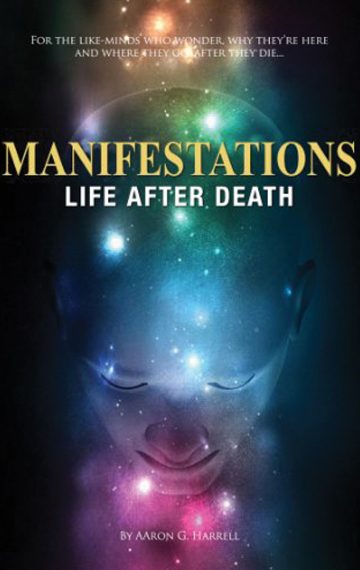The Narrator
It begins with its narrator who is clearly a higher power: God, Allah, JA, Yahweh, Jehovah, The Great Spirit, Amen, etc.
The narrator does not dwell on that; for clearly, as you will read, it is beneath it to mention; for the logic of the narrator cuts through the concept of true religion and traditional worship.
Once the deity establishes itself, you will find yourself giving it leeway to discover what new scientific or spiritual information it has to offer.
The narrator does not let down.
Personal Transformation
After whisking you through creation, the narrator gives us a glimpse at the Earthly Realm, human history, knowledge of self, and the ever changing of self.
The way the narrator weaves these ideas together and still addresses reincarnation, science and religion, without offending them is what separates this text from the ancient scriptures.
The narrator is intelligent, quick witted, and detailed. Moreover, the deity articulates the present life only as a precursor to our life after life. As the text suggests, life then truly begins.
Near Death Experience
To start the transformation, the narrator allows you to experience death and enter the first of seven realms of the afterlife. This is where, as a reader, you expect a complicated, sketchy explanation.
The narrator makes it simple. The Astral Realm is the first realm that is introduced. As an astral being, the narrator introduces the new challenges that await you.
Similar to how the narrator explained the Earthly Realm; the Astral Realm is explained in just as much detail, yet, simple, so the common person can understand it.
The narrator then takes us to The Realm of Contemplation. It is here that all thoughts lie dormant. Just like the previous two realms, the narrator walks you through the realm while teaching.
This is continued until the seventh level is visited and explained.
Heaven and Hell
This work is a work of eschatology. Where one may read about heaven and hell in the Bible, Qu’ran or Ramayana, the concept of Heaven and Hell are not mentioned in Manifestations.
Could it be that they do not exist? Or perhaps we may need to change our concept of it. The text agrees with Kemetic Science as it supports life after death. According do Manifestations, even in the afterlife, good souls can suffer, if they do not strive to be masters.
